Pluto was demoted from the ninth planet from the Sun to one of five dwarf planets by the International Astronomical Union (IAU) in 2006. The IAU very certainly did not expect the considerable outcry that accompanied the adjustment in the solar system’s configuration. When the announcement was made, individuals all across the world opposed the principle and claimed that it changed tradition and history rather than dealing with scientific rationale. So, why was Pluto demoted to a dwarf planet? Why is Pluto no longer considered a planet?
Pluto not a planet anymore
When Pluto was demoted, scientists also came up with three rules that every planet should have; or else, it’s not a planet. These are the rules:
- The object must orbit a star (in our cosmic neighbourhood, the Sun).
- The object must be big enough to have gravity to force it into a spherical shape.
- The object must be big enough that its gravity clears away any other objects of similar size near its orbit around the Sun.
Since Pluto is not big enough to be called a planet and since it has not cleared its nearing objects, it is not considered a planet.
Before the 2006 resolution, the word ‘planet’ had no working meaning and was based on classification before some of the significant modern discoveries inside the cosmos made possible by technological breakthroughs. Pluto’s demotion seemed like a break from convention to the laymen, and it was a good stride forward into a new light, new knowledge, and altering viewpoints of the cosmos.
At the end, it is just our point of view that has changed. The fact that Pluto was demoted to a dwarf planet has not changed its size, position or orbit; it has remained the same. Only that it has moved from being the insignificant among the big-wigs to being the king of its small kingdom.
Read Further:


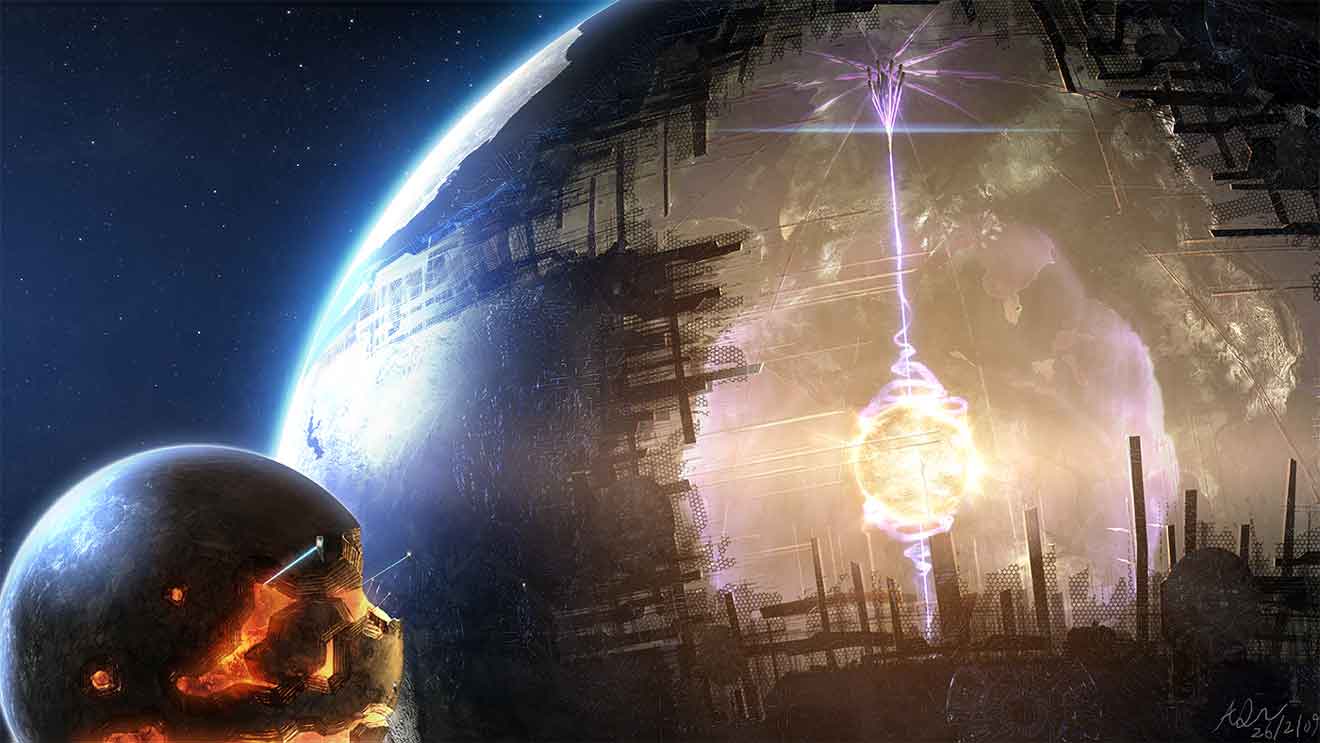


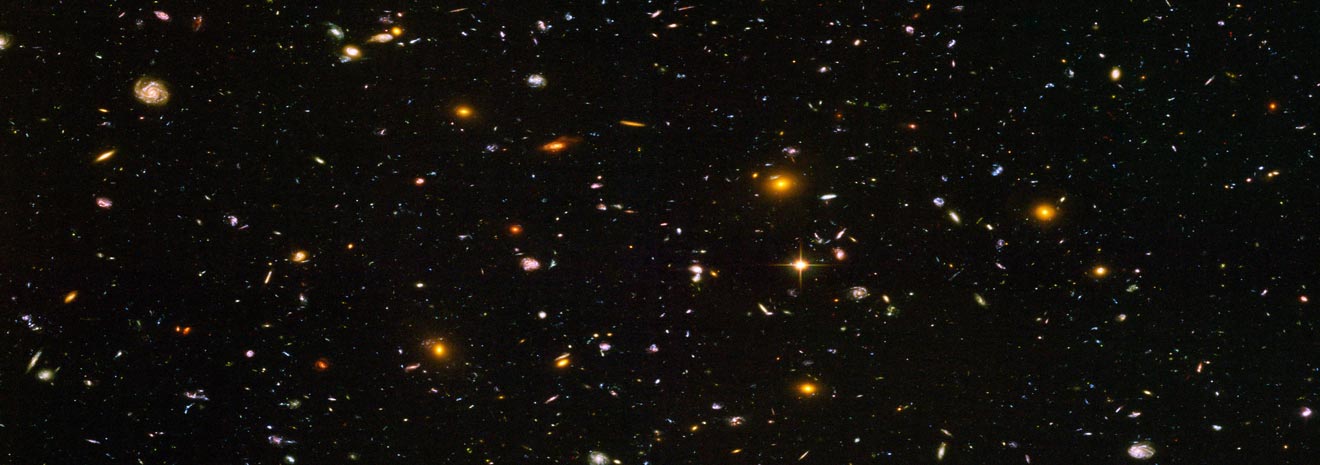
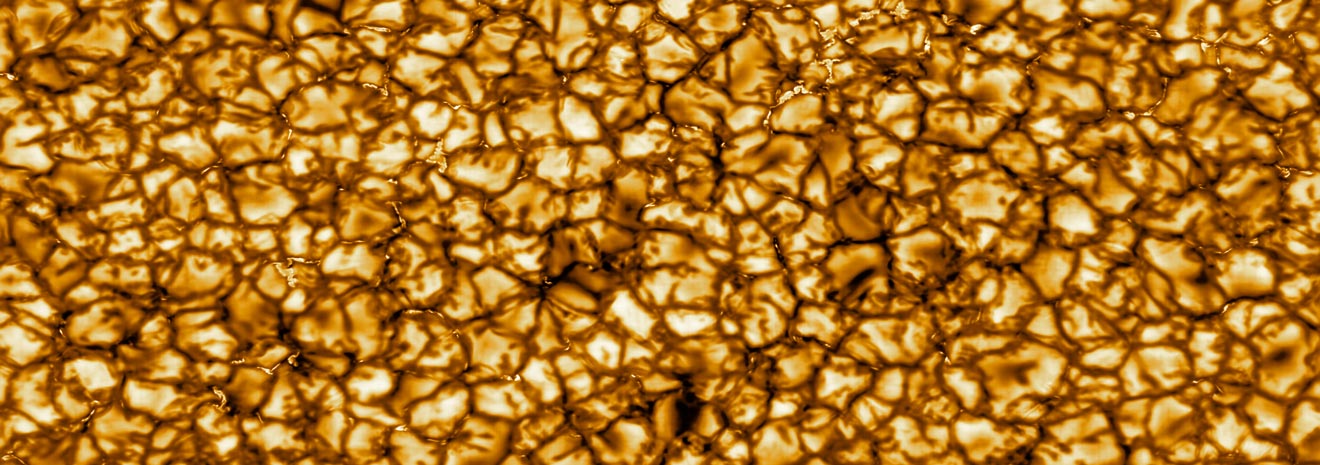
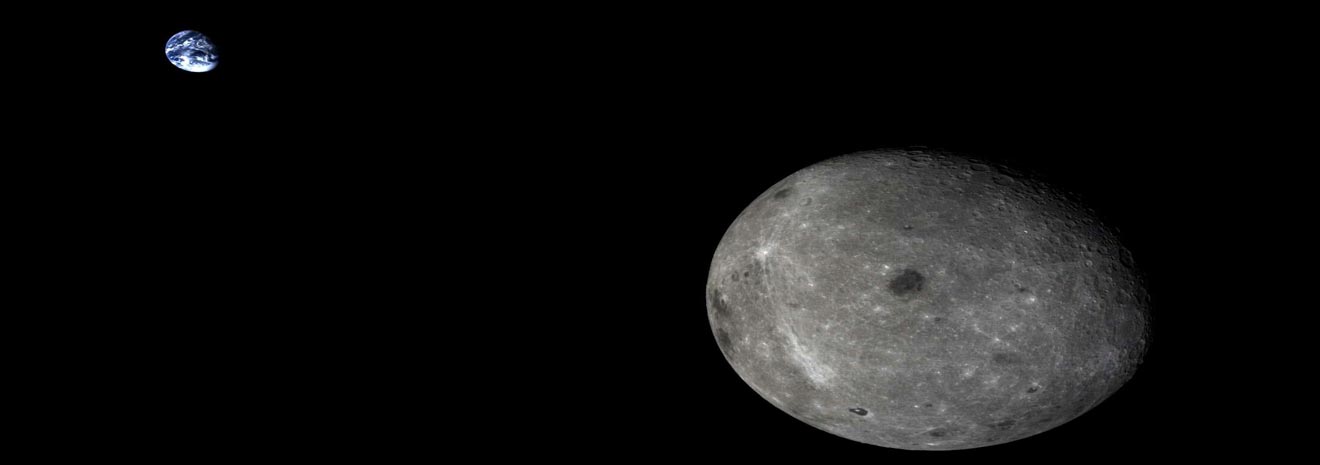
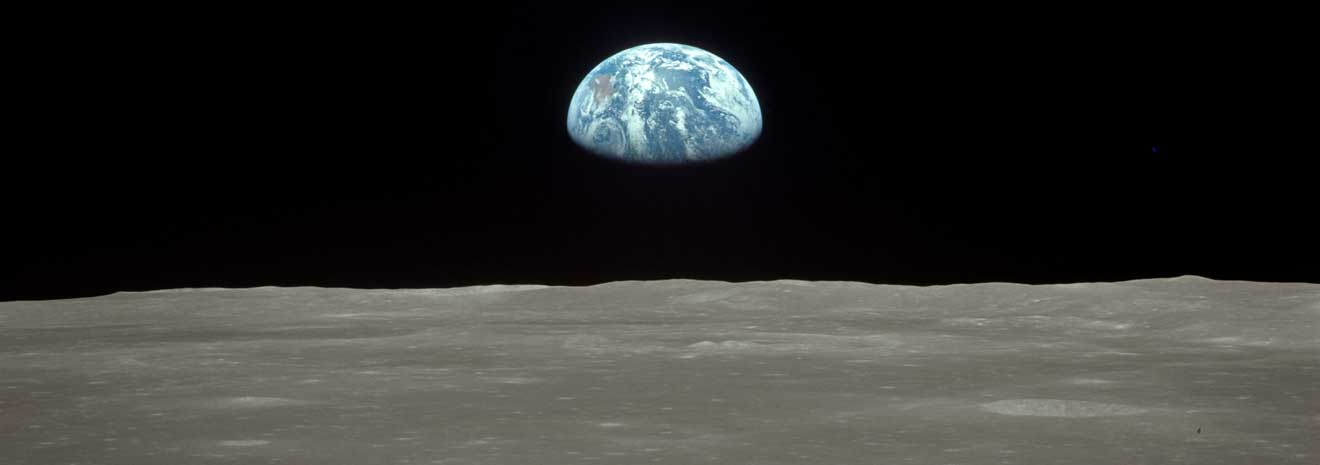

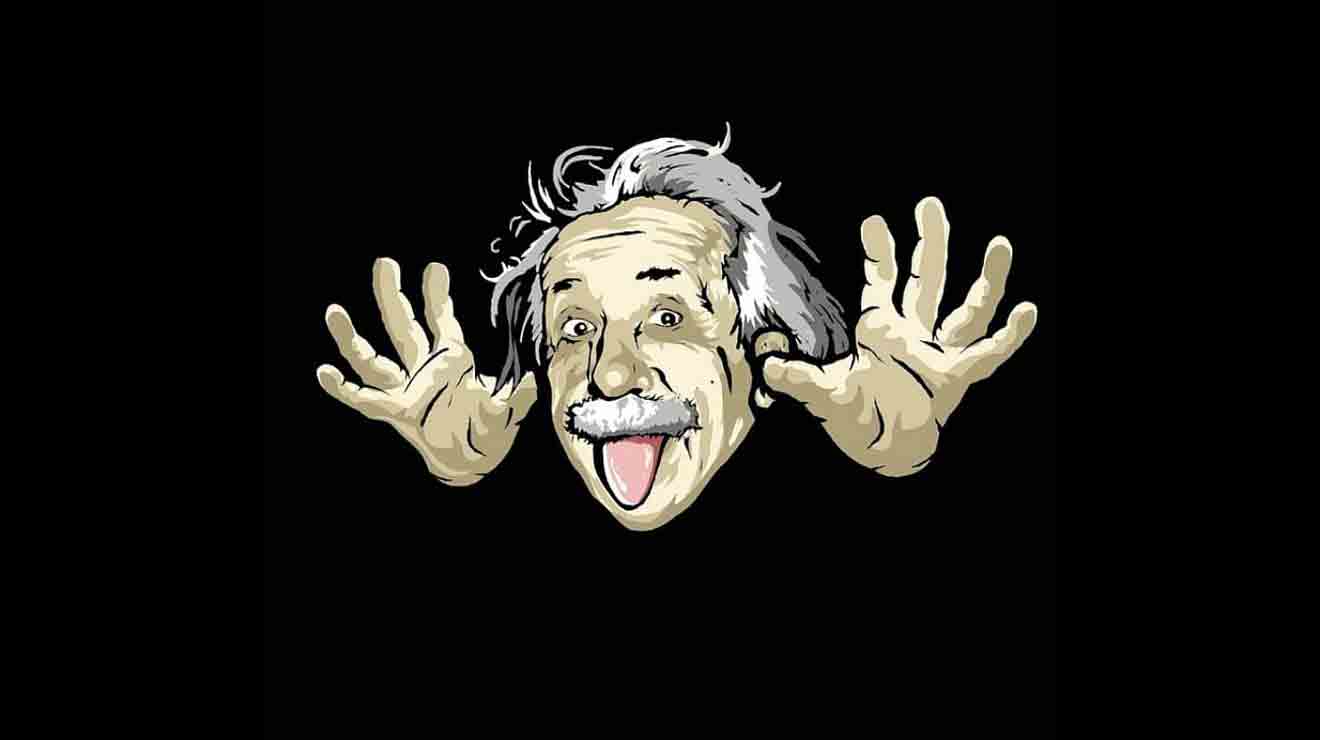

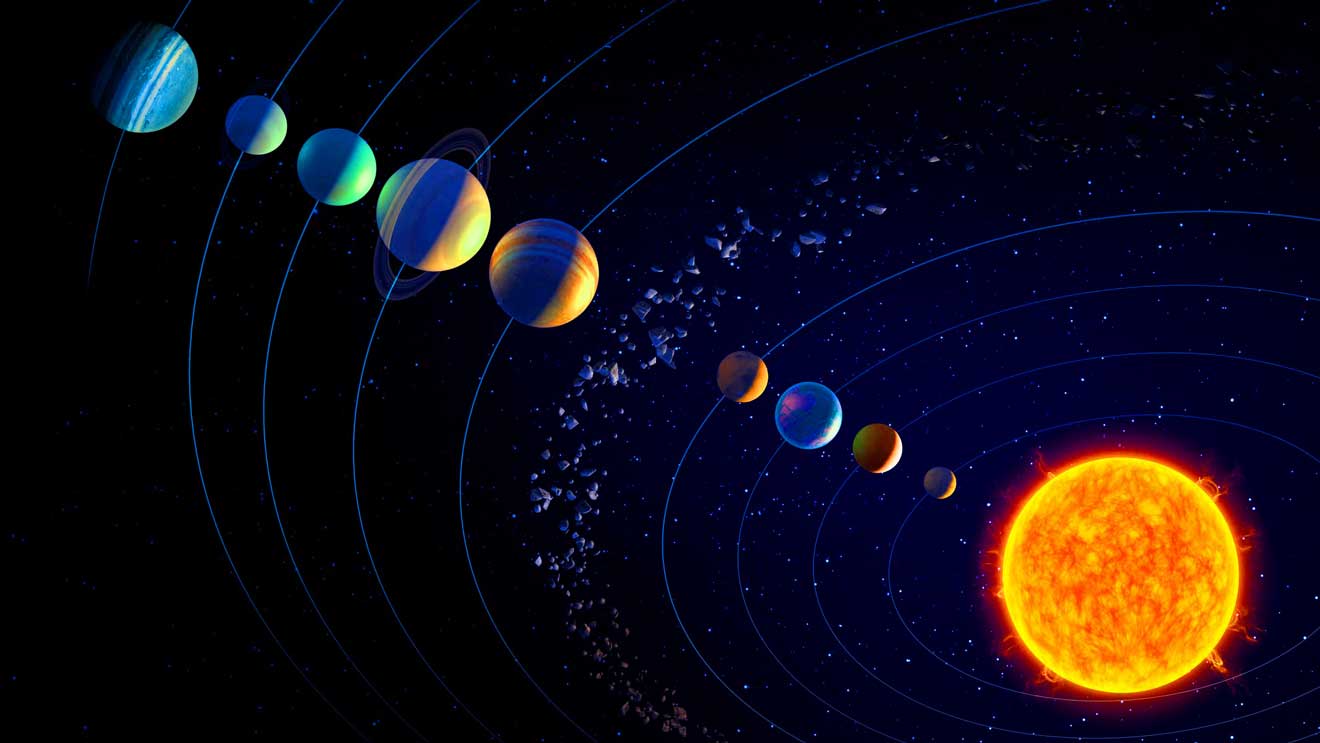
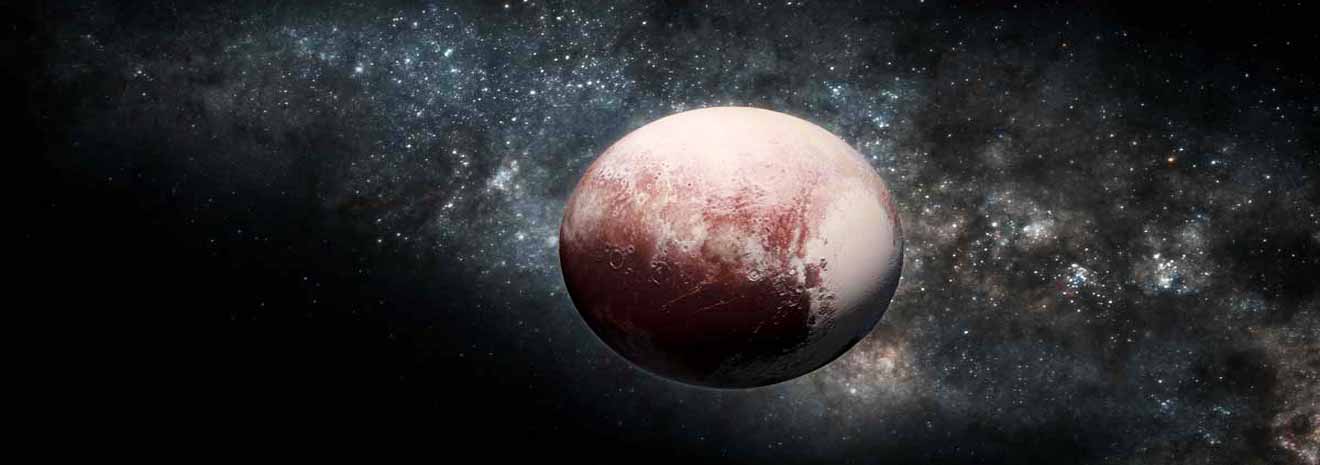
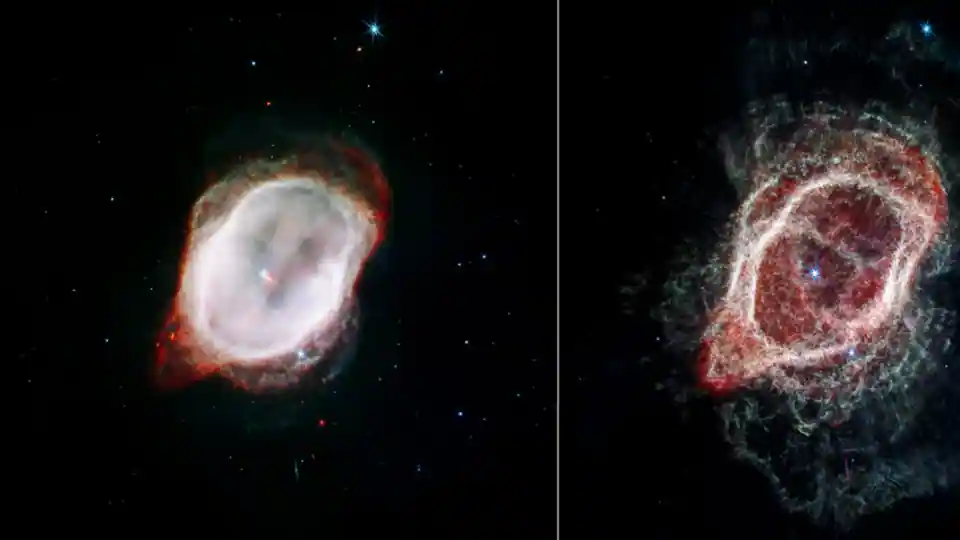





Add Comment